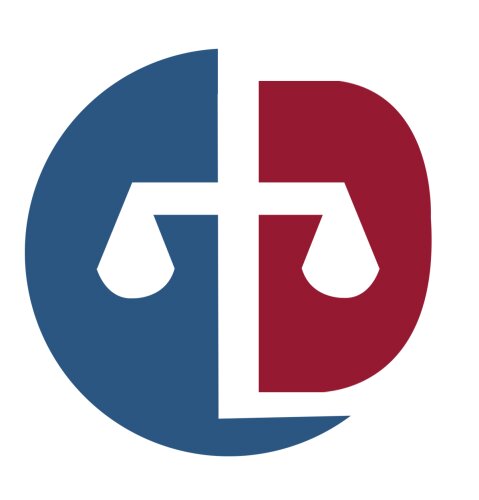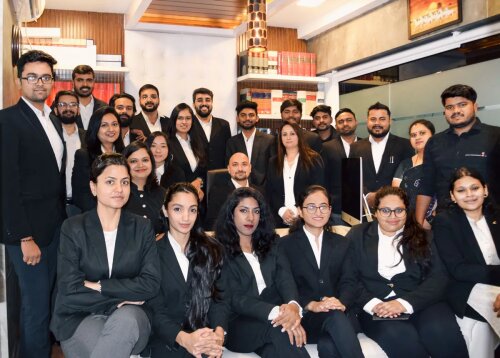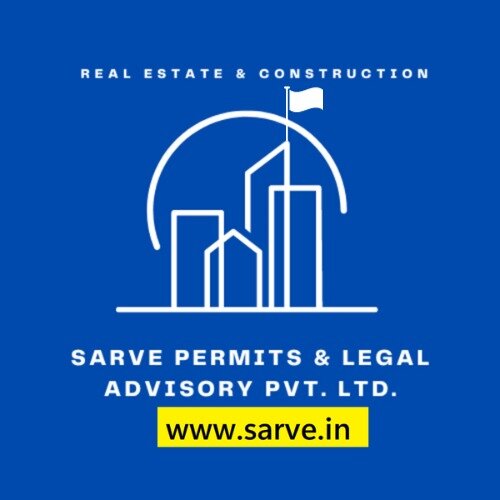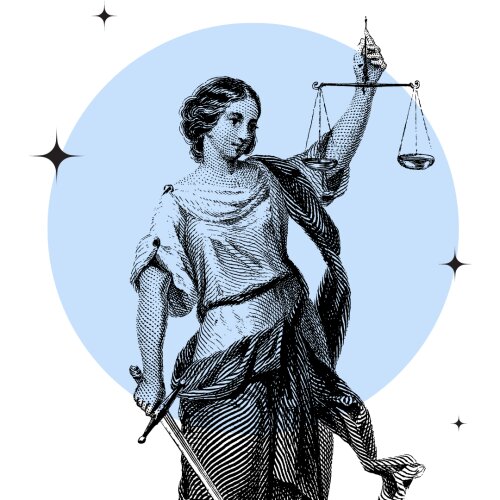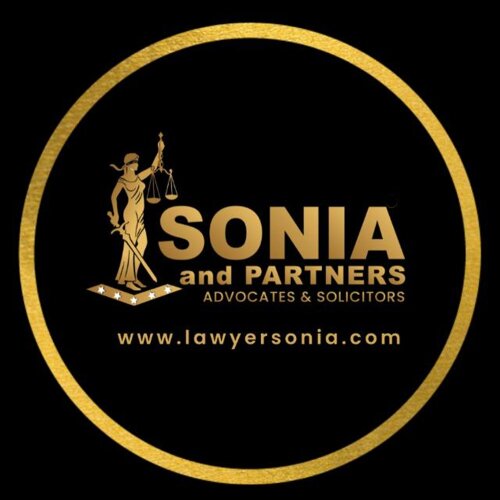Best Collaborative Law Lawyers in Bengaluru
Share your needs with us, get contacted by law firms.
Free. Takes 2 min.
Free Guide to Hiring a Family Lawyer
List of the best lawyers in Bengaluru, India
About Collaborative Law in Bengaluru, India
Collaborative Law is a legal approach that focuses on negotiation and agreement between parties to resolve disputes without resorting to litigation. In Bengaluru, India, Collaborative Law is increasingly seen as a valuable alternative to traditional court proceedings, especially in matters of family law, including divorce, child custody, and other related issues. Collaborative Law allows the parties involved to work with trained professionals to find mutually agreeable solutions in a confidential and supportive environment.
Why You May Need a Lawyer
People often require legal help in Collaborative Law when they aim to settle disputes amicably out of court. If you are going through a divorce, trying to resolve child custody issues, or working out financial settlements with your spouse or partner, a trained Collaborative Law attorney can guide the process effectively. Additionally, lawyers are essential for drafting and reviewing any agreements to ensure they are fair, legally binding, and that they protect the rights and interests of their clients.
Local Laws Overview
The key aspects of local laws relevant to Collaborative Law in Bengaluru stem from the broader Indian legal framework. India's legal system permits out-of-court settlements, and while Collaborative Law is not explicitly codified into Indian statute, it is supported through various legislations that encourage alternative dispute resolution methods. These include the Family Courts Act, 1984 which provides for settlement of disputes, in a manner that doesn't necessitate a formal litigation process. It's crucial for parties to understand that agreements reached through collaboration must still adhere to Indian laws and any formal legal requirements.
Frequently Asked Questions
What is the difference between Collaborative Law and Mediation?
Collaborative Law involves both parties and their respective legal representatives working together to reach a settlement. Mediation typically involves a neutral third party who helps the disputing parties reach a settlement. Both prioritise voluntary resolution but differ in their processes and the role of the professionals involved.
How long does the Collaborative Law process typically take?
The duration of the process varies depending on the complexity of the case and the willingness of both parties to cooperate. Generally, it is faster than going through the court.
What happens if we can’t reach an agreement through Collaborative Law?
If an agreement can't be reached, you may need to turn to litigation or mediation as alternatives, where decisions could eventually be made by a judge or arbitrator.
Is Collaborative Law legally binding?
Agreements made in the collaborative process are drafted into a contract or settlement agreement and can be legally binding if they meet all legal requirements and are filed with the appropriate court.
Can any lawyer practice Collaborative Law?
Not all lawyers are trained in Collaborative Law. It's essential to work with a lawyer who has the specific training and experience in this field.
Are collaborative agreements confidential?
Yes, discussions and agreements reached in the collaborative process are confidential and are not typically disclosed in court proceedings.
Can Collaborative Law be used for non-family law disputes?
While primarily used in family law, Collaborative Law principles can be applied to other civil disputes, business conflicts, employment issues, and more.
Does going through Collaborative Law prevent me from going to court later?
No, if Collaborative Law doesn't result in an agreement, you retain the right to go to court. However, collaborative attorneys cannot represent you in the litigation that follows a failed collaborative process.
Is Collaborative Law more expensive than litigation?
It generally costs less than traditional litigation due to reduced court fees and the efficiency of the process.
How do I know if Collaborative Law is right for my case?
This approach might be suitable if both parties are committed to a respectful resolution, are willing to openly exchange information, and desire control over the outcome without going to court. Your lawyer can help you assess if this process suits your specific case.
Additional Resources
For those seeking advice on Collaborative Law in Bengaluru, the Bengaluru Mediation Center (BMC) as well as the High Court Legal Services Committee may provide guidance and assistance. Additionally, family counseling centers and independent legal aid societies can offer further support for those exploring the collaborative process.
Next Steps
If you need legal assistance in Collaborative Law, the first step is to find a lawyer with the requisite training and experience in this specific field. Contact the local bar association or legal aid organizations for referrals. Once you have an attorney, they will guide you through the collaborative process, ensuring all legal aspects are appropriately handled and your rights are protected.
Lawzana helps you find the best lawyers and law firms in Bengaluru through a curated and pre-screened list of qualified legal professionals. Our platform offers rankings and detailed profiles of attorneys and law firms, allowing you to compare based on practice areas, including Collaborative Law, experience, and client feedback.
Each profile includes a description of the firm's areas of practice, client reviews, team members and partners, year of establishment, spoken languages, office locations, contact information, social media presence, and any published articles or resources. Most firms on our platform speak English and are experienced in both local and international legal matters.
Get a quote from top-rated law firms in Bengaluru, India — quickly, securely, and without unnecessary hassle.
Disclaimer:
The information provided on this page is for general informational purposes only and does not constitute legal advice. While we strive to ensure the accuracy and relevance of the content, legal information may change over time, and interpretations of the law can vary. You should always consult with a qualified legal professional for advice specific to your situation.
We disclaim all liability for actions taken or not taken based on the content of this page. If you believe any information is incorrect or outdated, please contact us, and we will review and update it where appropriate.



